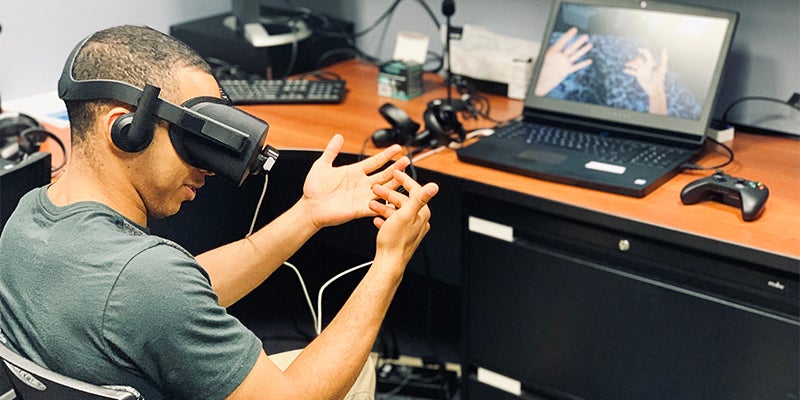VR Shows Promise in Boosting Medical Student Empathy
Empathy is a cornerstone of good medical care, allowing doctors to understand patients' perspectives and tailor treatment accordingly. However, studies suggest empathy can decline during medical training. To address this, researchers are exploring innovative techniques, and a recent study investigated the potential of immersive virtual reality (IVR) to cultivate empathy in medical students.
The study, published in SpringerLink, employed a mixed methods approach, combining quantitative and qualitative data. Participants were first-year medical students who underwent an IVR empathy training program focused on social isolation in older adults. The program placed students in a virtual environment where they experienced the challenges faced by elderly individuals living alone.
Before and after the intervention, the researchers used the Jefferson Scale of Empathy (JSE) questionnaire to measure changes in student empathy levels. The results were positive. Compared to their pre-training scores, students demonstrated a significant increase in empathy on the JSE posttest.
The quantitative data was complemented by qualitative interviews conducted with participants. These interviews shed light on how students perceived the IVR experience. A key theme emerged:the immersive nature of VR was identified as a crucial factor in fostering empathy. Students felt a sense of "presence" within the virtual environment, allowing them to connect with the challenges faced by the simulated patients on a deeper level.
The embodiment aspect of VR was also highlighted. By inhabiting a virtual body representing an older adult, students gained a firsthand understanding of the physical limitations and sensory impairments that can come with age. This embodied experience provided a more visceral perspective than traditional textbook learning.
The debriefing sessions that followed the VR training were another key element. These sessions facilitated discussions and reflections on the virtual experience, allowing students to process their emotions and solidify the lessons learned.
Overall, the study suggests that IVR can be a valuable tool for fostering empathy in medical students. The immersive and embodied nature of the technology appears to create a powerful learning experience that transcends traditional methods. While further research is warranted to explore the long-term impact of VR empathy training, this study offers promising evidence for its potential to cultivate a more empathetic generation of healthcare professionals.


Join the conversation